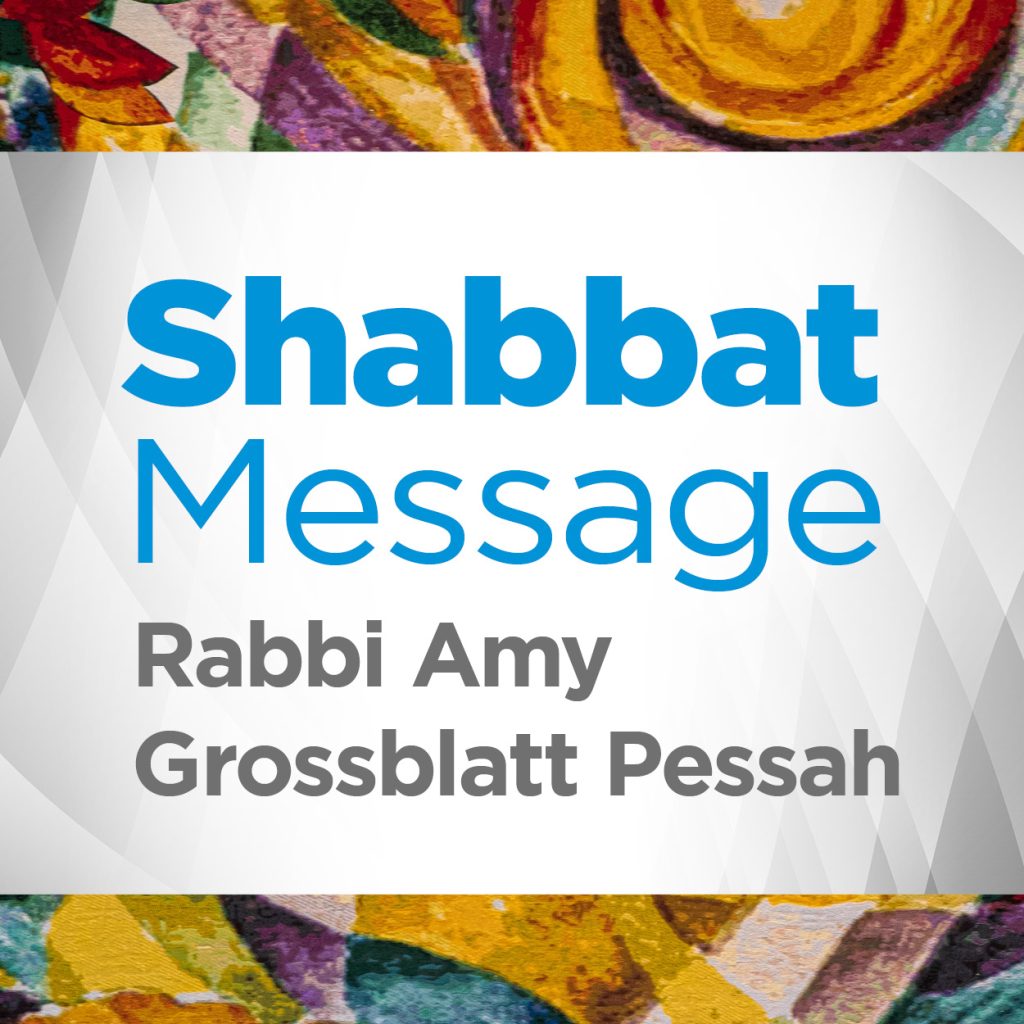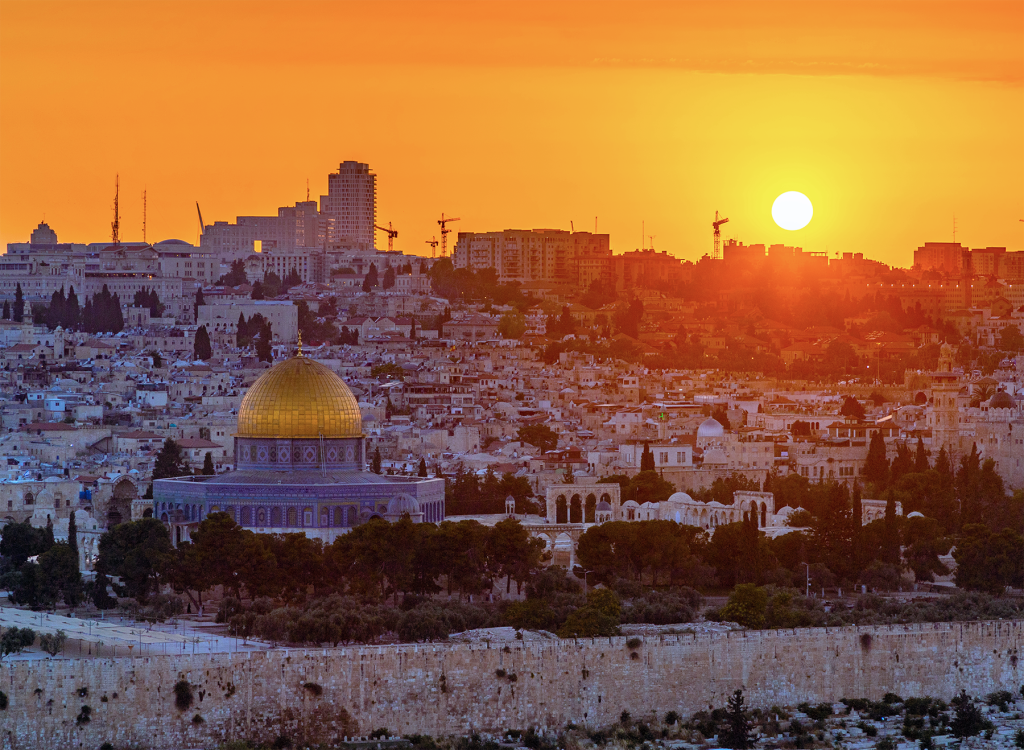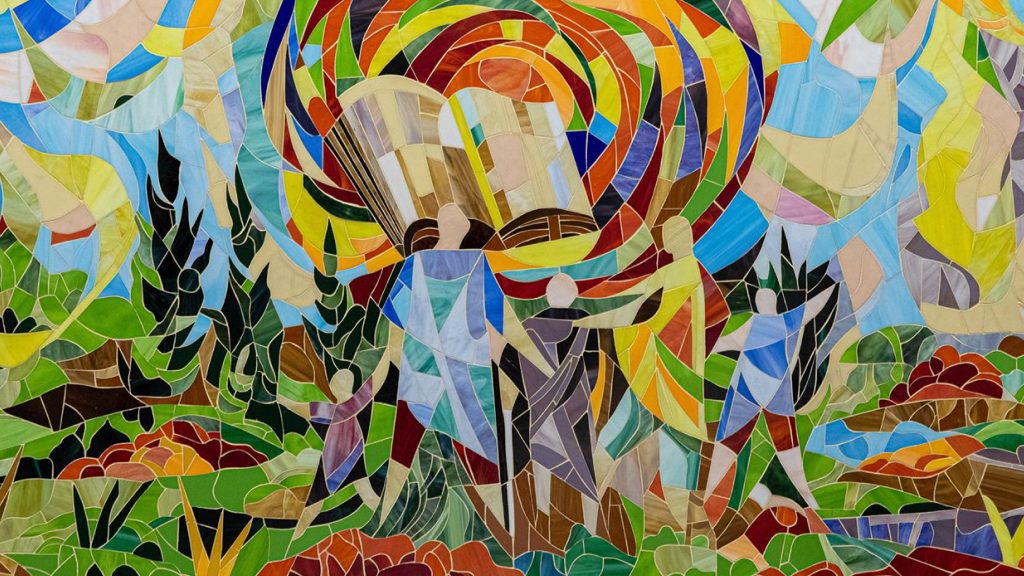As someone who has spent decades reading, researching, pondering and probing into spirituality and mysticism with a deep desire to know who (or what) God is and how God appears (or doesn’t) in our world, I have finally come to terms with the fact that I will never find the answers that I’ve been looking for.
It took me decades to get to this place of acceptance and dare I say surrender. The journey has not been easy; however, I have finally learned to (mostly) accept this truth and in doing so, have found comfort in allowing myself to be present to what is, instead of trying to figure out the workings of the Mystery Beyond, sometimes referred to as God.
Of course, there are still moments when I wish I could have proof of God’s existence in a scientific way, and then I remind myself instead to sink into what I am experiencing in the moment, so I can more fully be aware of the transcendent awe and beauty that I am feeling. It is precisely at those times that I feel an intangible knowing, tapping into the Mystery Beyond, even if I am unable to quantify it.
Despite these moments of knowing, most of us experience times in our lives where God’s presence feels concealed, especially when we want an answer as to why: Why did we receive a grim diagnosis? Why did our loved one have to die unexpectedly? During those times, God’s presence might feel undeniably concealed. And then, we experience moments where we might see or feel God’s presence revealed: witnessing the birth of a child, or hiking in a forest or relaxing at the beach. Concealed…revealed…concealed…revealed…and so goes life.
One of my favorite verses in all of Torah is found in this week’s Torah reading, Nitzavim- Vayelich and speaks to this idea of concealed and revealed.
הַנִּ֨סְתָּרֹ֔ת לַיהֹוָ֖ה אֱלֹהֵ֑ינוּ וְהַנִּגְלֹ֞ת לָ֤ׄנׄוּׄ וּׄלְׄבָׄנֵ֙ׄיׄנׄוּ֙ׄ עַׄד־עוֹלָ֔ם לַעֲשׂ֕וֹת אֶת־כׇּל־דִּבְרֵ֖י הַתּוֹרָ֥ה הַזֹּֽאת׃
The concealed acts concern Adonai, our God, but overt acts are for us and our children, forever to enact all the words of this Teaching.
This verse has helped me to understand that there are times to experience Divinity revealed and times in which Divinity will remain concealed. There are things that are for us and for our children to know…and there are things in this world that are not for us to know.
One of the concepts I appreciate so much about Judaism is our encouragement to interpret and find meaning in our texts. While I have made sense of this Torah verse to help me in my understanding of God, there are other ways to understand this verse.
A more traditional interpretation of this verse, from Rabbi Chaim ibn Attar (18thc) adds another level of interpretation that is especially timely during Elul, the month during which we prepare for the High Holy Days through self-reflection and introspection. He writes that “The hidden sins are God’s business, but the visible ones (are our business to deal with). We have to understand this verse as the response by the Jewish people to Moses that he cannot hold them responsible for sins committed by fellow Jews in private. However, they accept the responsibility to try and stop sins being committed in public, ‘for us and our children forever.’”
We are part of that “our children forever” legacy, which means that we, too, have a responsibility to stop transgressions from being committed in public, a responsibility not only to our fellow Jews, but also to our fellow humans. It is upon us to stand up when we see injustice unfolding, when we witness unkind or disrespectful behavior, when we see disregard for our environment, we must stand up and do our best to prevent these public “sins” from being committed.
Each time, we stand up for what is right, each time we do our piece of Tikkun Olam (repairing the world), we come a little bit closer to seeing God’s presence revealed in our communities.
May this new year be filled with acceptance for what is concealed and what is revealed and in the words of Ralph Waldo Emerson, may we “Never lose an opportunity of seeing anything beautiful, for beauty is God’s handwriting.”
Shabbat Shalom,

Rabbi Amy Grossblatt Pessah









